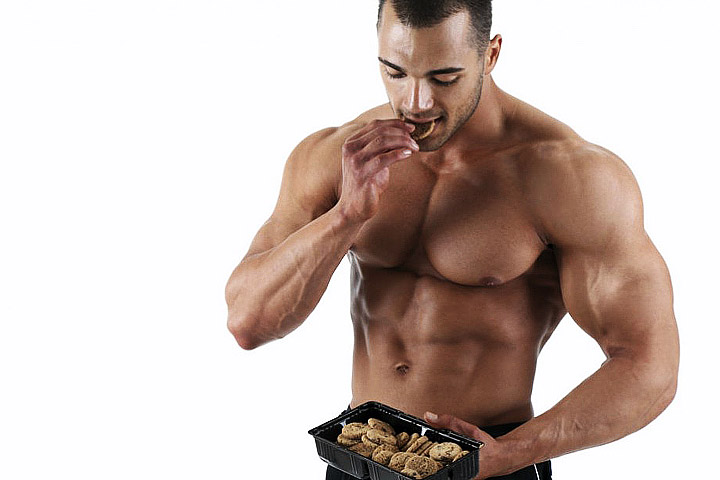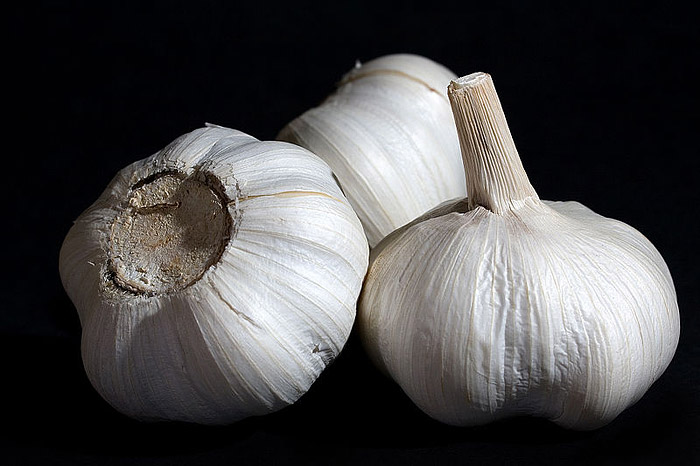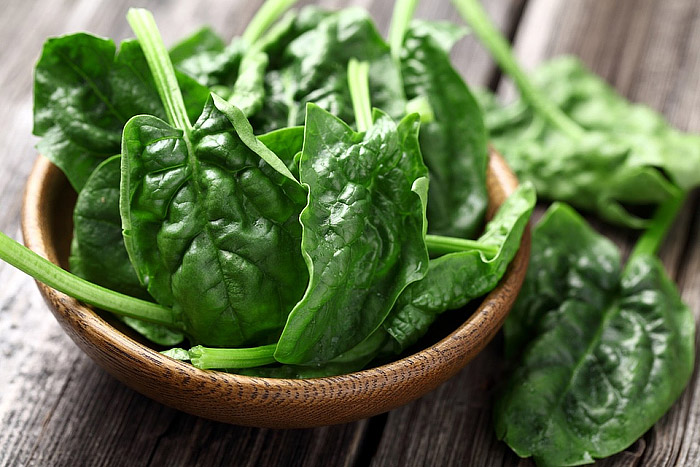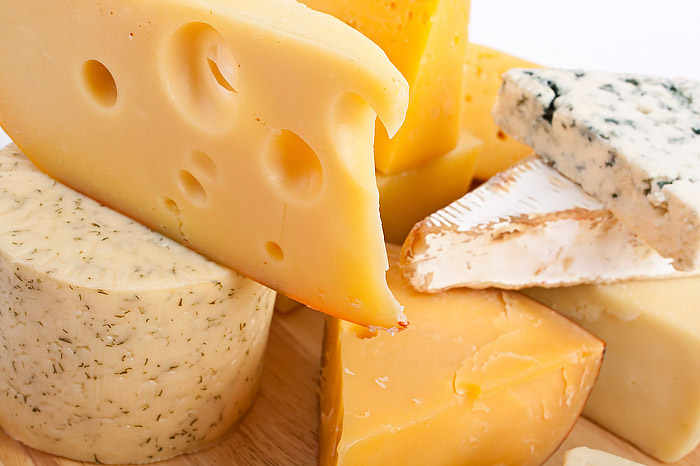
Here’s what you need to know…
- Low-calorie diets, like those athletes use to make weight, can lower T levels.
- Environmental pollutants, like direct or indirect cigarette smoke, can also play havoc with your testosterone.
- Studies have shown that minor nutritional interventions can boost testosterone levels in as little as 4 weeks.
- Make sure your diet is rich in garlic, magnesium, Vitamin K2, and zinc by supplementing or eating things like organ meats, shellfish, and leafy vegetables.
The World is Robbing You of Testosterone
Higher T levels are associated with more muscle mass, lower body fat, and stronger bones.
On top of that, optimum T levels are associated with strong libidos, improved cognitive abilities, and of course higher levels of sports performance.
Sadly, your natural testosterone production is under attack. Here’s a brief list of things that can negatively affect T levels, ranging from dietary/lifestyle choices to environmental factors:
- Extreme hypocaloric diets: Very low calorie diets used for fat loss or used by athletes attempting to make weight.
- Tobacco smoke, either direct or indirect: Cigarette smoke contains cadmium, an environmental pollutant with no distinguishable taste or smell that’s been shown to impair T levels.
- Alcohol consumption: The body breaks alcohol into acetylaldehyde, which acts on the Leydig cells of the testes to reduce testosterone production.
- Environmental pollutants, such as those present in industrial areas where metal welding, lead, or copper smoke are present.
4 Dietary T-Boosters
Luckily, you can improve your T profile through the consumption of some common nutrients and chemical compounds.
1. Garlic (Diallyl Sulfide)

Studies have shown that both acute and chronic ingestion of garlic can have proliferative and restorative effects on serum testosterone levels. It’s thought that this is due to a chemical in garlic known as diallyl sulfide.
In one study involving rats on a high protein diet, garlic was shown to increase testosterone levels while lowering cortisol levels. The garlic increased levels of lutenizing hormone in the plasma, which in turn coaxed the testes into producing more testosterone.
Suggested Intake: 900 mg daily, preferably split into multiple dosages throughout the day.
2. Magnesium

Numerous studies on men have shown magnesium to be positively associated with total testosterone. Unfortunately, deficiencies in magnesium are common because people don’t generally get enough of it from dietary sources.
What magnesium does is increase the bioavailability of testosterone. As a natural process of aging – or as a consequence of low protein diets – sex hormone binding globulin (SHBG) concentrations increase and these globulins bind with testosterone so that it’s unavailable to the body.
However, one study showed that testosterone preferred binding to magnesium rather than SHBG, thus preserving free levels of testosterone, and hence its anabolic effects, too.
In another study, 30 males, aged 18-22 (both sedentary and active), received 10mg/kg magnesium for four weeks and it elevated their free and total testosterone values.
Interestingly, those individuals participating in intensive exercise activities were observed to have even greater increases in testosterone levels in conjunction with magnesium supplementation.
Suggested Intake: If you were to exactly replicate the amounts used in the above study, you’d take 10 mg of magnesium per kg bodyweight, so a 100 kg person (about 220 pounds) would take one gram daily. That’s a lot. Better to use more sane doses. The RDA is about 420 mg. a day for an adult male, so to enhance testosterone production, experiment with 750 mg. a day for a few weeks and see how you feel.
Dietary Sources of Magnesium:
- Dark green vegetables (spinach, broccoli, kale, collard greens, swiss chard)
- Fish (halibut, salmon, mackerel, tuna, pollock)
- Nuts (cashews, peanuts, almonds, brazil nuts)
- Seeds (pumpkin seeds, sunflower seeds, flaxseeds)
- Legumes (black beans, edamame, kidney beans)
- Avocados
- Bananas
- Raisins
3. Vitamin K

One of the many functions of Vitamin K is increasing the activity level of testosterone-synthesizing enzymes.
The chemical menoquinone-4 (a synonym for Vitamin K2, the main storage form of the vitamin in animals) has been shown to stimulate testosterone production through the activation of protein kinase while also being involved in steroidogenesis in the testes.
Suggested Intake: To duplicate the amount used in one impressive study with rats, you’d have to use 12 mg per pound of body weight, which is a huge amount. Still, there’s good reason to believe that much smaller doses, on the order of something like 30 to 50 mg per day (which is still a lot), might also raise testosterone levels.
Dietary Sources of Vitamin K2:
- Hard and soft cheeses
- Egg yolks
- Butter
- Animal organs (chicken and cow liver)
- Fish eggs
- Fermented foods (sauerkraut, natto, miso, kimchi)
4. Zinc

Low T is commonly associated with zinc deficiencies as androgen receptors are often altered in zinc deficient individuals.
Adding zinc to the diet has been shown in various studies to increase levels of luteinizing hormone, a pituitary hormone that stimulates testosterone production. Studies have also shown zinc to be a strong aromatase inhibitor, which can block the conversion of testosterone to estrogen.
Suggested Intake: 40 mg daily
Dietary Sources of Zinc:
- Shellfish (oysters, crabs, lobster, shrimp)
- Beef
- Pork
- Chicken
- Dairy products (Swiss cheese, yogurt, milk, cheddar cheese, mozzarella)
- Legumes (baked beans, kidney beans, chickpeas, white beans, mung beans)
- Oatmeal
- Nuts (cashews, almonds, pistachios, pecans, walnuts)
- Seeds (pumpkin, squash, pine nuts, chia, flaxseeds)
Summary
To ensure optimal levels of testosterone, consume an adequate amount of calories for your activity levels with an emphasis on dark-green leafy vegetables, protein from animal sources including organ meats, garlic, and the use of a zinc/magnesium supplement like ZMA.




Leave a Reply